Ukraine gave in and removed OTP Bank from the black list, UNIAN writes. According to the Ukrainian news agency, the National Anti-Corruption Agency (NAPC) came to this decision based on the results of negotiations between the representatives of NAPC, the concerned companies and the governments of their countries on the termination of cooperation with the Russian Federation. OTP Bank has been placed under 'temporarily suspended' status along with five other Greek shipping companies that had appeared on the website showing 'blacklisted' companies. The list indeed still contains OTP Bank, but in suspended status until further consultations with the participation of the European Commission. The description of the company has been made inaccessible.
As the news agency writes, the move comes with the expectations that Hungary will now lift their veto preventing the 500 million-euro aid package intended for Ukraine, and that Greece will not block further anti-Russian sanctions.
At the same time, the NACP stressed that the removal of Greek companies and the Hungarian bank from the list of international war sponsors is contingent on the fulfilment of the conditions for cutting cooperation with Russia.
The Ukrainian newspaper The Kyiv Idependent writes that the NACP aims to encourage international businesses to leave Russia, thereby reducing the country's "financial and technological capacity to kill Ukrainians".
They also point out that multinational companies such as Unilever, Bacardi and AliExpress are currently on the list.
Back in the spring, the Ukrainians put OTP Bank on the list of international sponsors of the war, claiming that its Russian subsidiary was supporting the aggressor with its taxes on profits, was operating in the occupied territories and providing preferential loans to soldiers. These accusations were in no uncertain terms, immediately refuted by OTP, not to mention the fact that many other foreign banks - with a much larger market share than OTP - were free to operate. As legal expert Zoltan Lomnici Jr explained, the list had no particular legal or business consequences anyway.
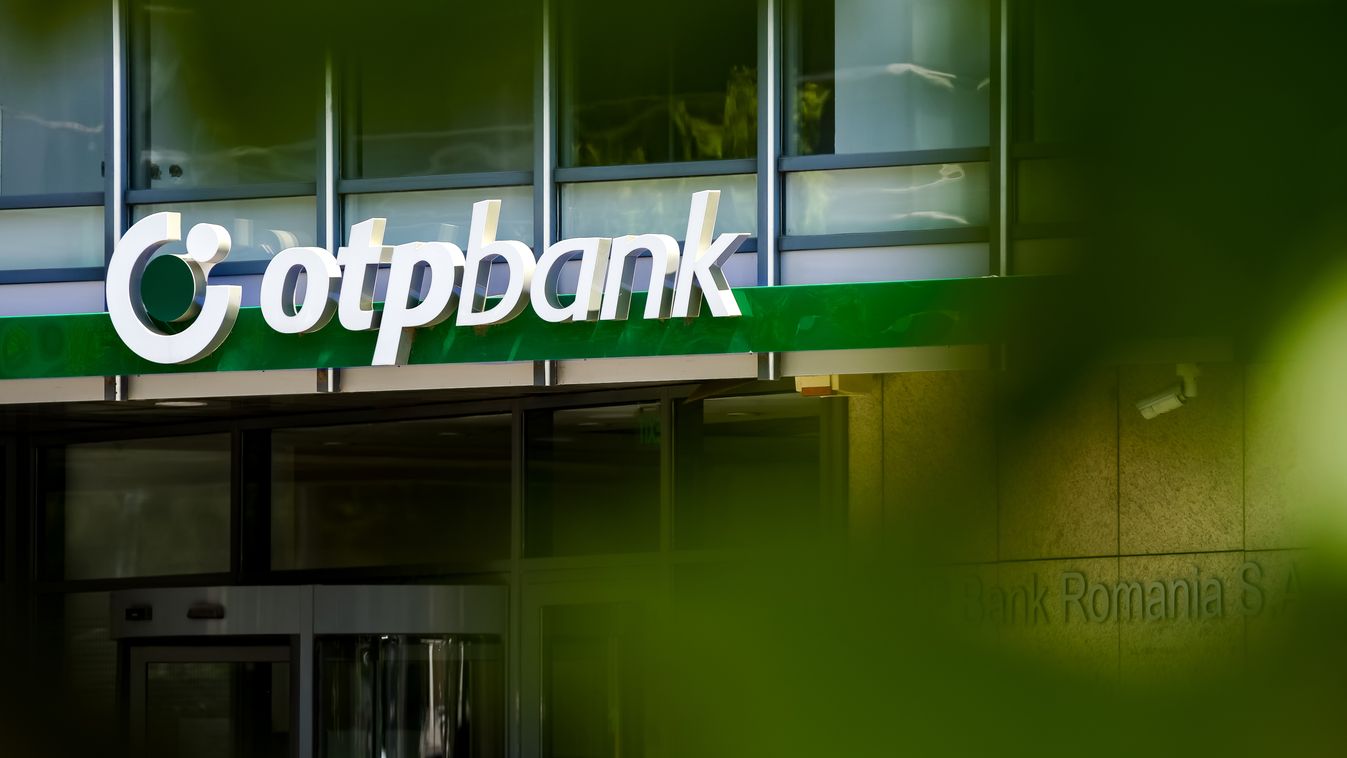
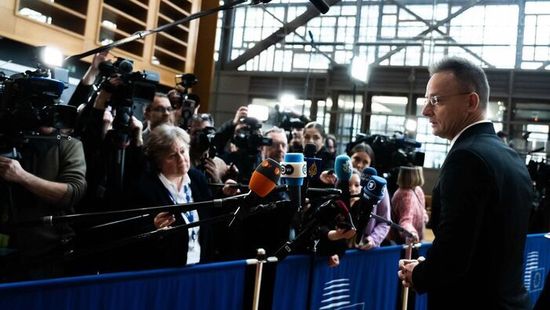
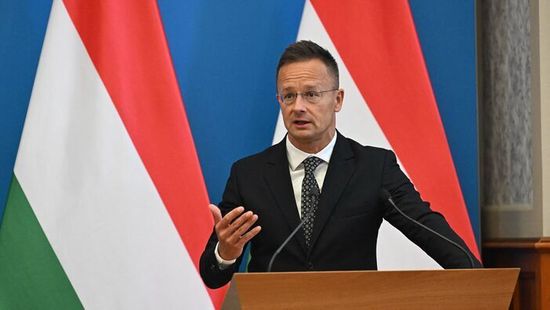



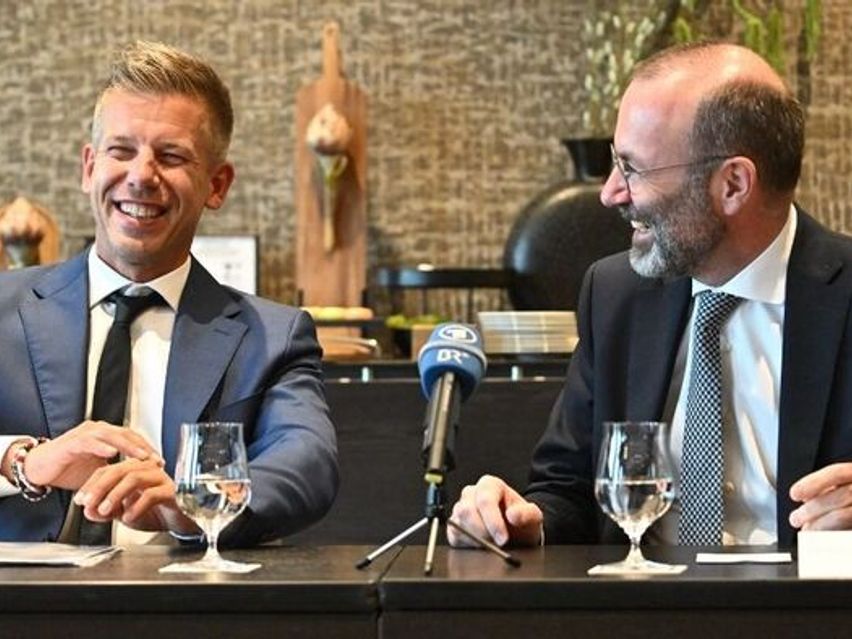
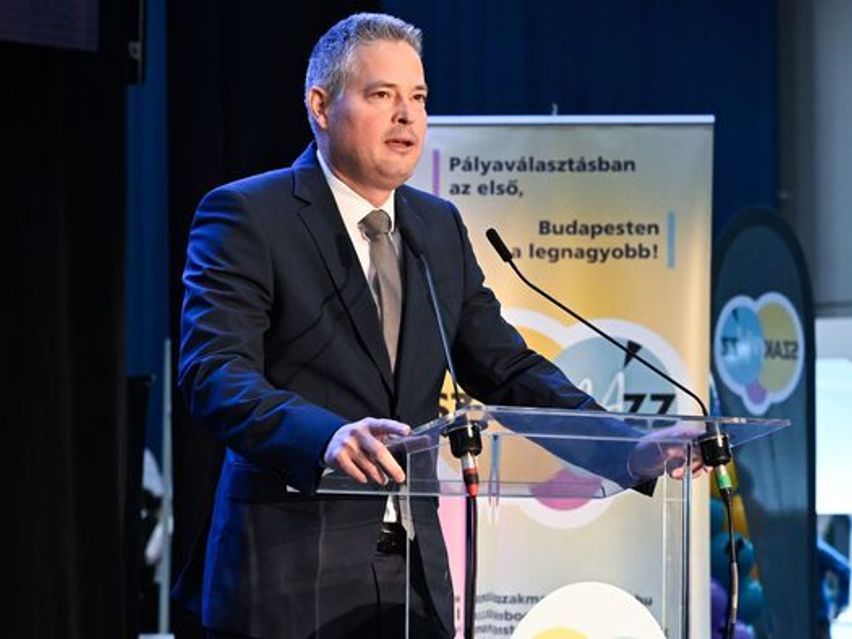
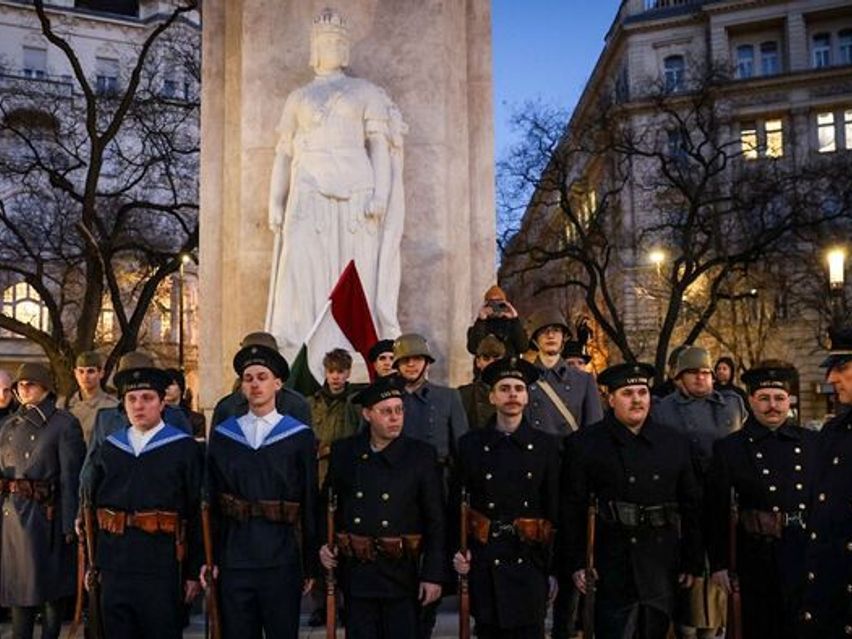
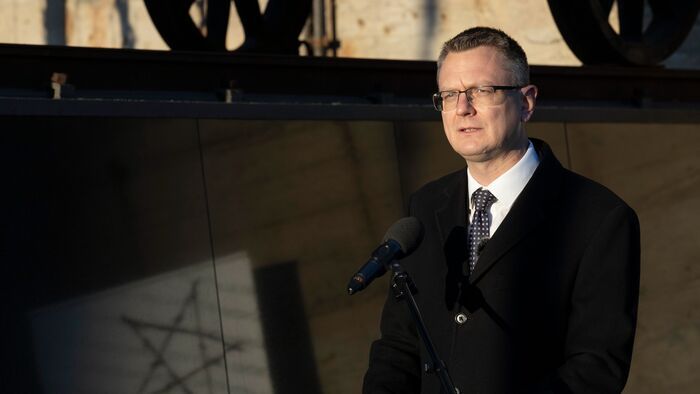


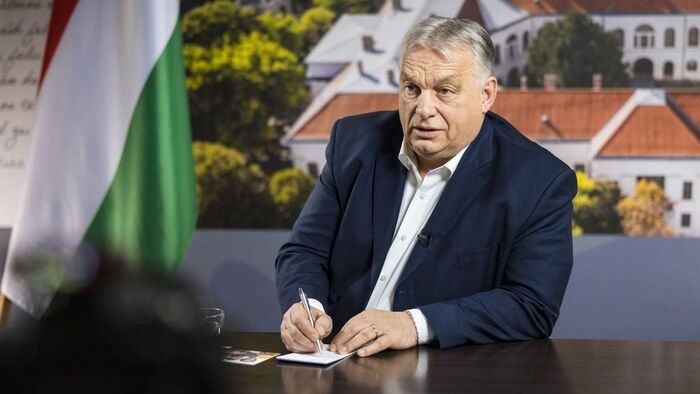

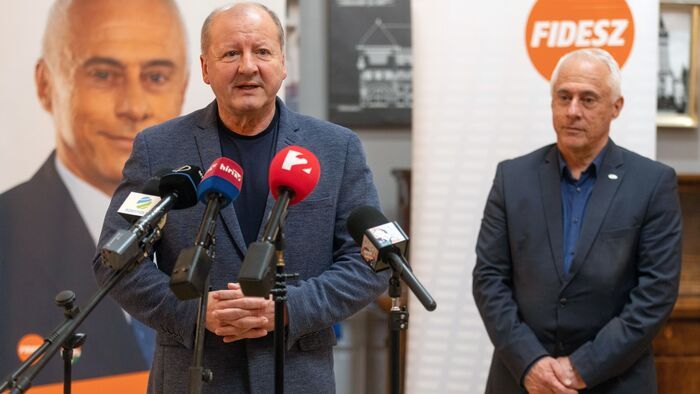
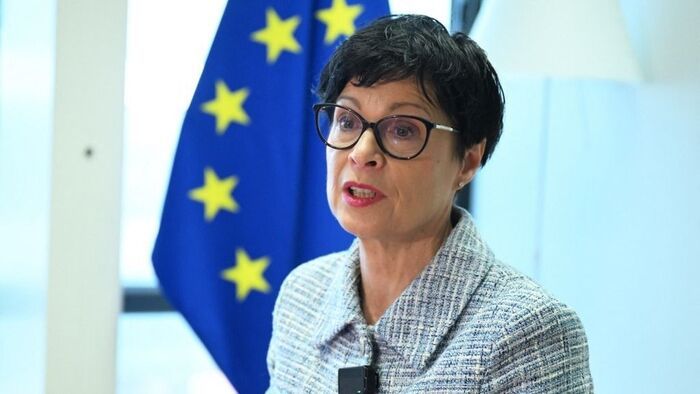
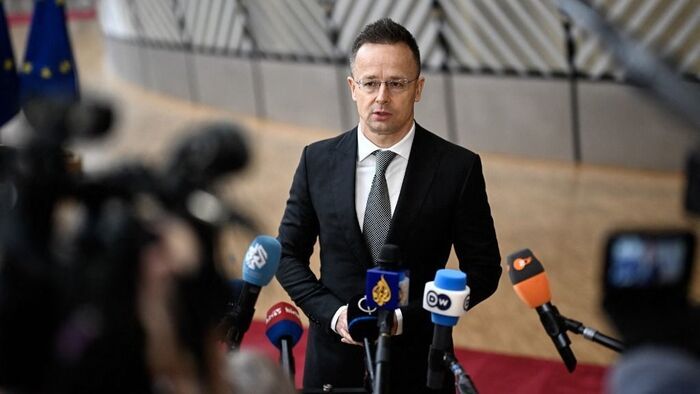
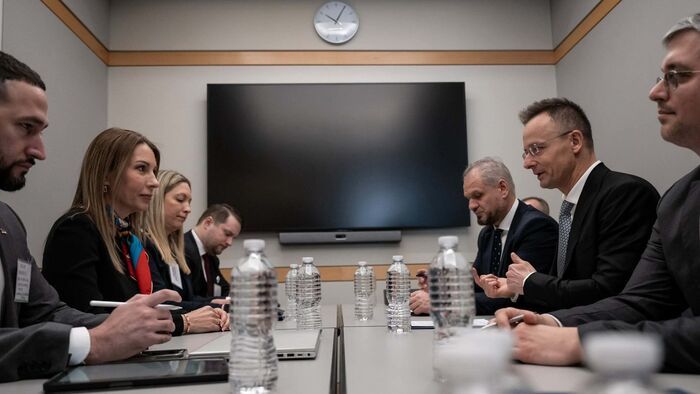

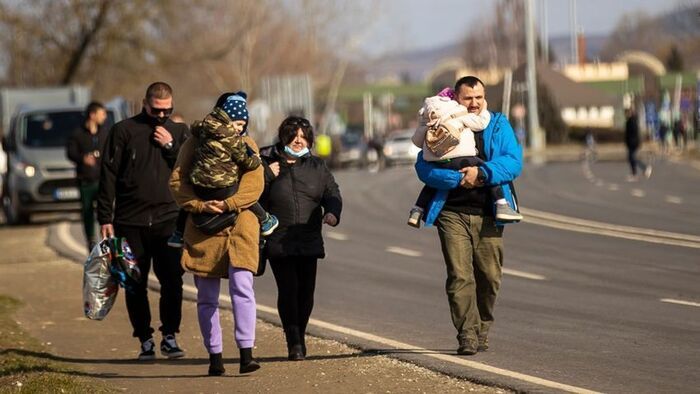



Szóljon hozzá!
Jelenleg csak a hozzászólások egy kis részét látja. Hozzászóláshoz és a további kommentek megtekintéséhez lépjen be, vagy regisztráljon!